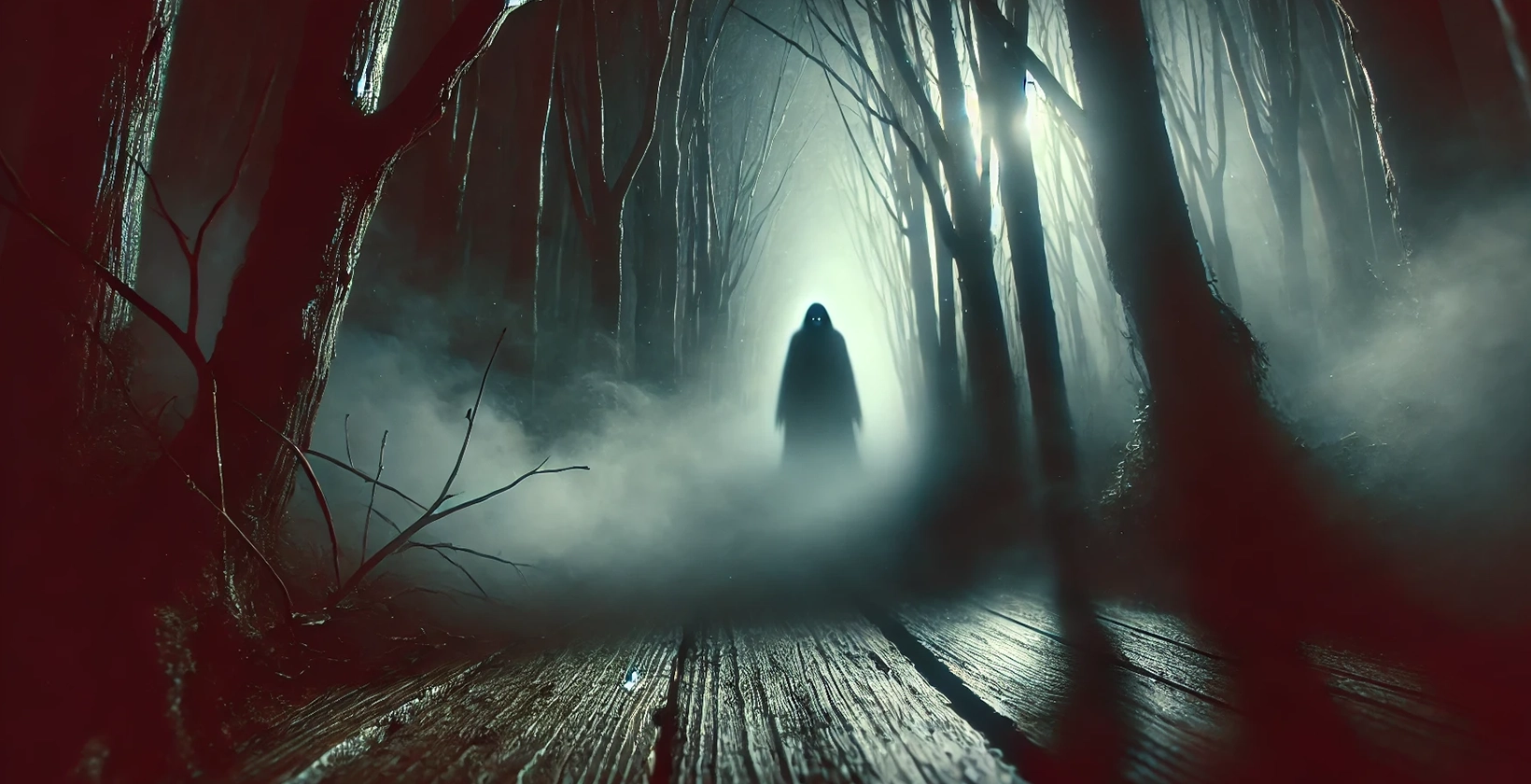Have you ever woken up in a cold sweat after dreaming about a horror movie? You’re not alone. Dreams about horror films, whether they mimic scenes you’ve recently watched or create new, terrifying experiences, are common and stem from deeper psychological processes. These dreams often reflect our fears, anxieties, and the influence of media on our subconscious minds. But why do our minds choose to replay terrifying scenes in our sleep, and what does it mean?
The Science Behind Horror Movie Dreams
When we sleep, our brains process emotions, memories, and unresolved experiences. Watching a horror movie can trigger strong emotional responses, including fear, anxiety, and even excitement. These emotions often bleed into our dreams. According to Dr. Kelly Bulkeley, a dream researcher and psychologist, “Horror movies activate areas of the brain associated with threat perception, and when we sleep, our brains continue to work through those feelings, sometimes manifesting them in the form of nightmares.”
Studies show that 80% of adults experience nightmares, and many of these are influenced by external stimuli like movies, books, or real-life stressors. In particular, watching horror movies close to bedtime increases the likelihood of such dreams. A survey conducted by the American Academy of Sleep Medicine found that 65% of participants reported having nightmares after consuming intense or disturbing content, such as horror films.
Why Horror Movie Dreams Are So Vivid
Horror movies are designed to leave a lasting psychological impression, utilizing jump scares, unsettling visuals, and suspenseful soundtracks. This heightened sensory stimulation doesn’t just fade away when the movie ends. In fact, our brains are wired to remember frightening stimuli more vividly due to the amygdala, the part of the brain responsible for processing emotions like fear. When you dream, the amygdala remains active, sometimes replaying those intense moments as nightmarish sequences.
Additionally, the REM (Rapid Eye Movement) phase of sleep, where most dreaming occurs, heightens emotional responses, making horror movie dreams feel even more vivid. Researchers have found that during REM sleep, the brain is highly creative, mixing real experiences with fictional elements, which may explain why you might dream of a horror movie scene but with a personalized twist, like finding yourself as the main character.
The Subconscious and Fear: What These Dreams Mean
Dreaming about horror movies isn’t just random; it’s often tied to our underlying fears and anxieties. Freud believed that dreams are a reflection of our subconscious desires and unresolved emotions. In the case of horror movie dreams, they might represent more than just fear of monsters or supernatural events. They could symbolize real-life fears—like a difficult relationship, financial stress, or health concerns—manifesting in a way your brain can process.
For instance, if you dream about being chased by a monster, it might symbolize something you’re avoiding in waking life. A study published in the journal Dreaming revealed that 35% of people who dream about being chased associate it with real-life pressures. Horror movie dreams may act as a psychological mirror, forcing us to confront unresolved conflicts and emotions.
How to Manage and Reduce Horror-Inspired Nightmares
If you find that these horror movie dreams are frequent or distressing, there are ways to reduce their impact. Psychologists suggest a few methods to limit the intensity of nightmares:
- Limit Media Exposure: Avoid watching horror movies or intense shows right before bed. Engaging in calming activities, such as reading a light book or practicing meditation, can help your brain wind down and decrease the chances of nightmares.
- Cognitive Behavioral Therapy for Nightmares (CBT-I): This therapeutic approach can help reframe negative thoughts before sleep, reducing the occurrence of disturbing dreams. Studies show that CBT-I has a success rate of over 70% in reducing nightmares.
- Dream Journaling: Writing down your dreams, especially ones influenced by horror, can help you process and release lingering emotions. Some experts suggest that turning a nightmare into a positive or humorous story can reduce its emotional impact.
- Lucid Dreaming Techniques: Learning to control your dreams, known as lucid dreaming, can give you power over the narrative. For example, you might transform the monster in your dream into something less threatening. Research indicates that people who practice lucid dreaming report a 50% reduction in nightmares over time.
Conclusion: Horror Movie Dreams as a Window Into Our Mind
Dreaming about horror movies can be unsettling, but they provide valuable insight into our subconscious minds. These dreams often reflect our deepest fears, heightened by the intense imagery and emotions stirred by the horror genre. While these dreams can feel out of control, understanding their origins and meaning can help us navigate our waking anxieties.
In essence, your mind is processing emotions and fears in ways that are both primal and sophisticated. So, the next time you wake from a nightmare inspired by a horror movie, remember: it’s your brain’s way of helping you face your fears, one monster at a time.
Ethan Numeros is a distinguished dream analysis expert with a background in Mathematics and Philosophy from Stanford University and specialized training in Dream Analysis. With 15 years in academia, he has authored two acclaimed books and numerous articles, focusing primarily on dream interpretation. Mr. Numeros excels in offering personalized consultations, helping individuals unlock the mysteries of their dreams. His expertise in decoding the psychological aspects of dreams has made him a sought-after figure in the field of dream explanation.
